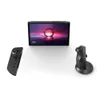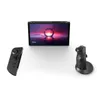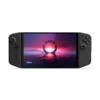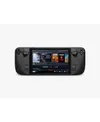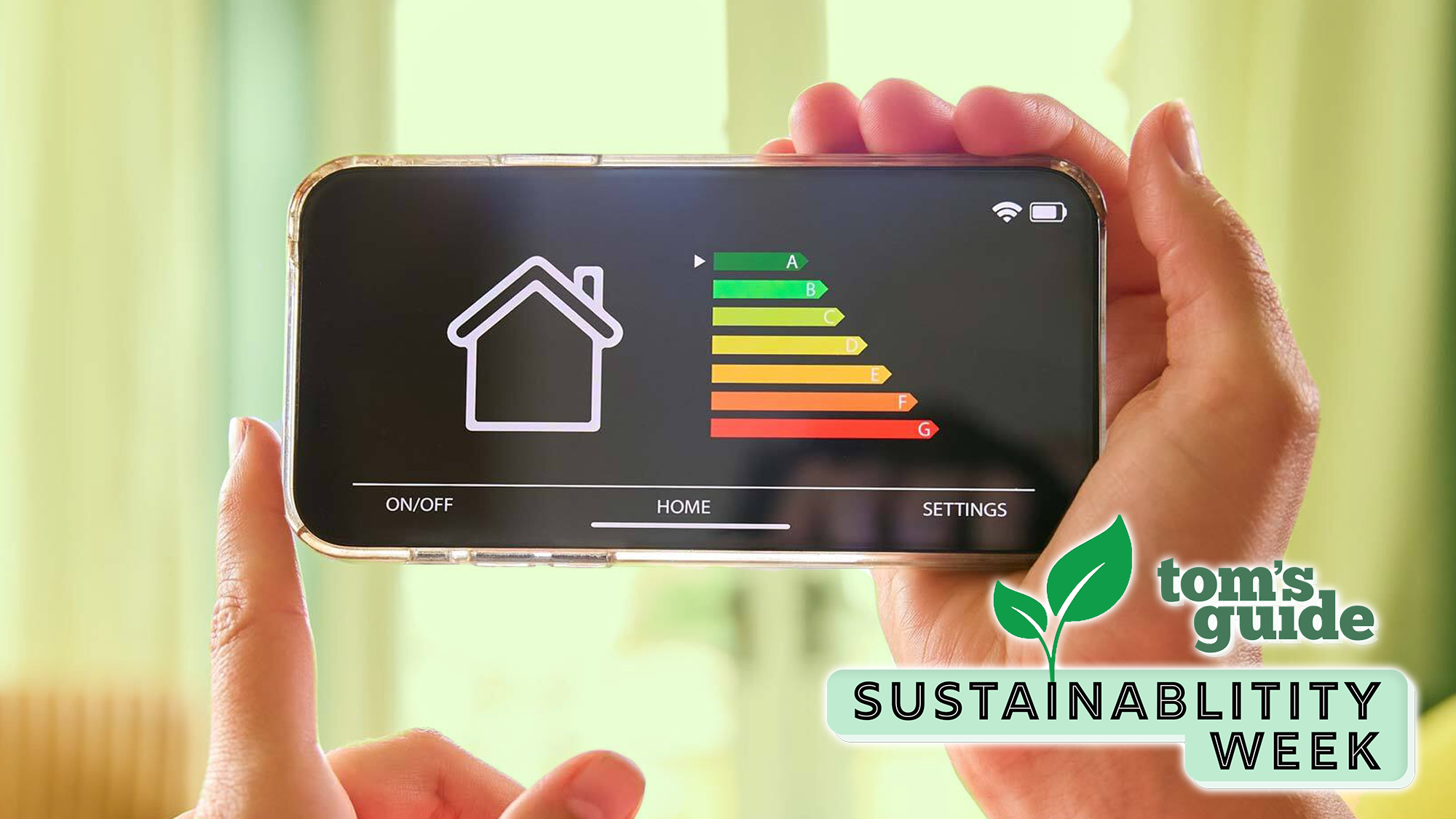Forget Asus ROG Ally X — AMD Ryzen Z2-powered gaming handhelds could be coming to CES 2025
Microsoft also looks set to improve Windows 11 for gaming handhelds too
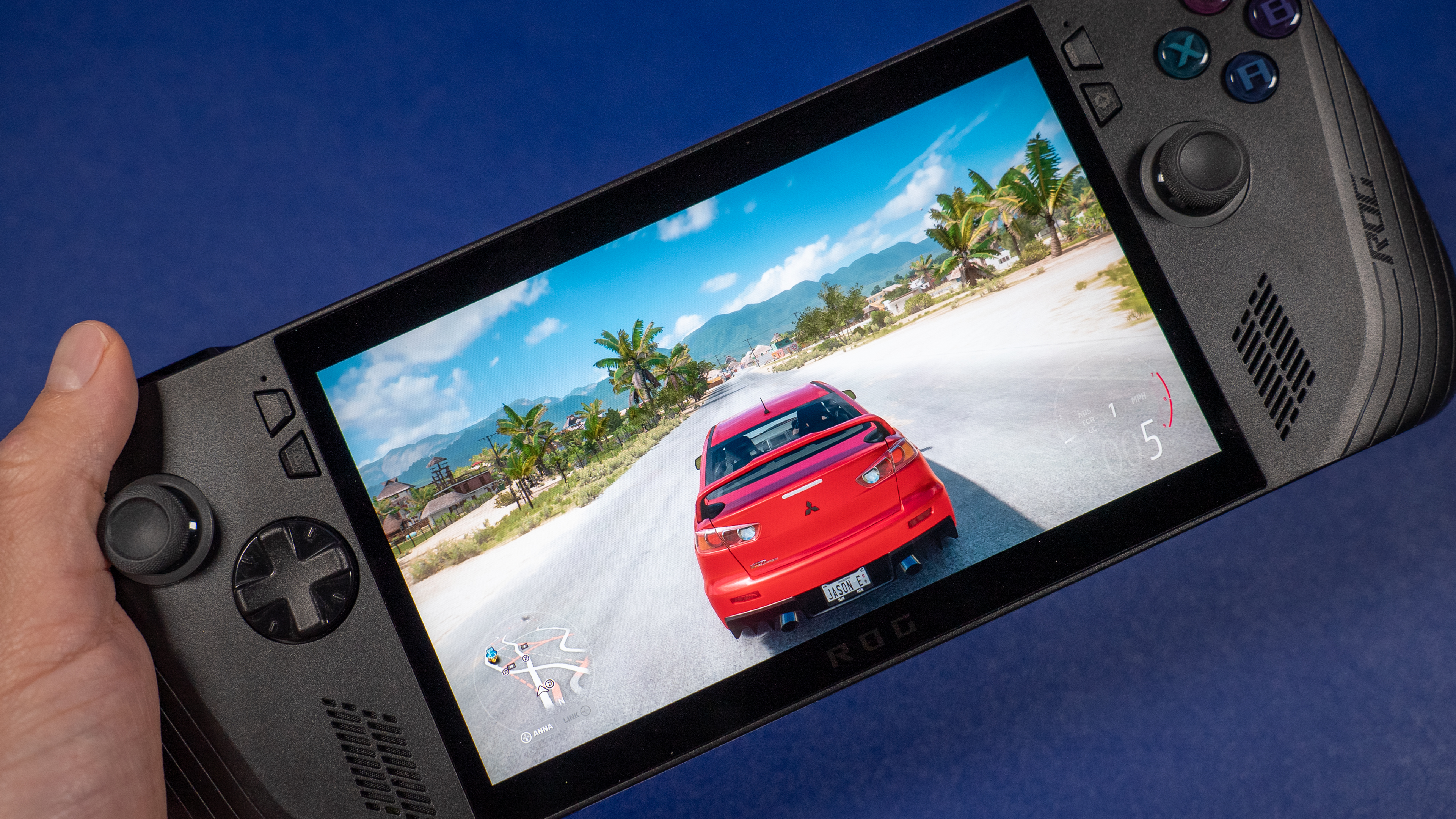
We know the current challenges facing the best gaming handhelds on the PC side — battery life and Windows 11 on a small screen — so how are they going to be addressed?
Well at IFA 2024, AMD has confirmed to Tom’s Guide that work is well underway on the next generation Ryzen Z2 Extreme chip with a projected launch of “early 2025.” And on top of that, Microsoft has told us the Windows and Xbox team are working together to solve the user interface issues too.
AI brings it all together
“Z2 is in the works. We’re working with a number of partners, and it will be coming to the market probably in early 2025,” Matt Unangst, SVP and GM of AMD’s computing and graphics group, told Tom’s Guide when asked about the progress made on the chipset.
Nobody directly mentioned CES 2025 in their answers — companies never really talk about future announcements in that committal way. But every time I would subtly mention a CES 2025 announcement window, the cheeky smiles from AMD’s reps give me a little bit of confidence that I could be on the money with this prediction.
As for what the chip will bring, it seems that while AMD is happy with the performance of it in today’s handhelds, they want to address battery life, instant-on functionality, and capitalize on AI to help with some of this (the current Z1 Extreme does not have an AI engine).
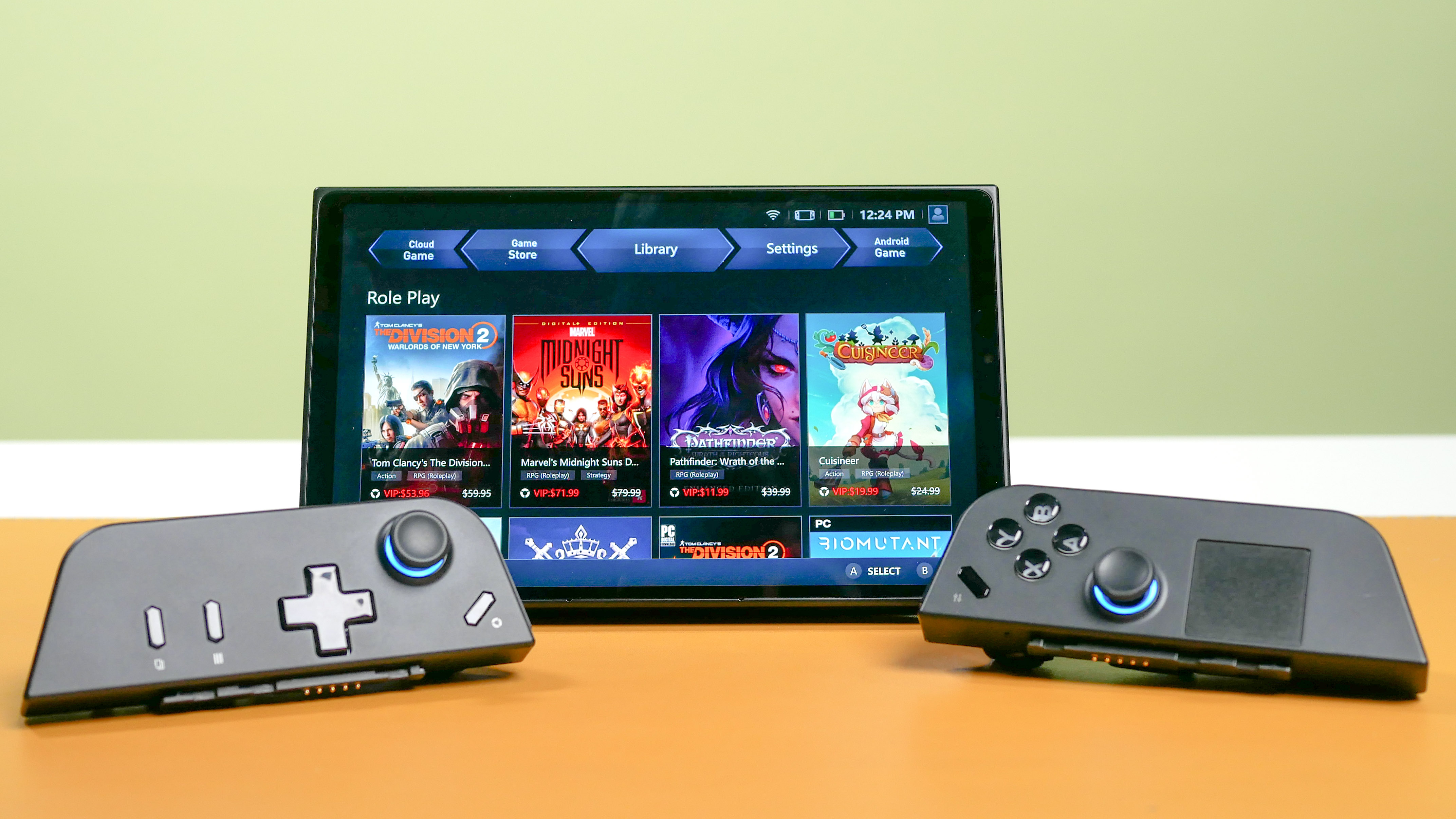
“When you look at handhelds like the Asus ROG Ally and the Lenovo Legion Go, the battery life is just not there,” Jack Huynh, Senior Vice President of AMD added. “I want to play Black Myth: Wukong for three hours, but I only get 60 minutes.”
This is where AI can help. Currently, AMD’s frame generation technology does not use it, and can weigh heavy on the CPU. But with FSR 4, the team has “completely pivoted” to an Nvidia DLSS-esque AI frame generation to “maximize battery life.”
Sign up to get the BEST of Tom's Guide direct to your inbox.
Get instant access to breaking news, the hottest reviews, great deals and helpful tips.
On top of power efficiency, Huynh also acknowledges that when it comes to Windows gaming handhelds, “the price point is still very high.” This could happen in a few different ways, from offloading more of the demanding tasks that require a beastier CPU to a more efficient NPU, which could lower the cost of production, or maybe even introducing another lower cost version of the chip for indie titles.
What about Windows 11?
As Tony Polanco said in his review of the ROG Ally X, “Windows 11 absolutely sucks on a handheld.” From the desktop being way too tiny and not optimized for the 7-inch display to the way it handles battery life and instant-on response times, there’s just one too many obstacles that stops it short of being a Steam Deck killer.
I found some huge gains in performance and battery life when putting SteamOS on an ROG Ally X, so it’s clear that Redmond has some catching up to do.
Pavan Davuluri, CVP of Windows and the Surface team, says Microsoft has heard the complaints. “We work closely with Phil Spencer and the Xbox team, and we’re looking at ways to address the fundamental problems with battery life and response time, and what we can do in gameplay experience and rendering on a small screen,” he confirmed.
Could this mean an Xbox handheld sporting Ryzen Z2 Extreme? We hope so, but time will tell. IFA 2024 has seen some big launches in the gaming and computing space, from Intel Core Ultra 200 series laptops (codenamed Lunar Lake) to the Acer Nitro Blaze 7 handheld packing a full-blown laptop CPU.
But this is probably one of the biggest announcements coming out of the show. It’s time to look ahead, as the future is looking mightily bright.
More from Tom's Guide
- Nintendo Switch 2 reportedly in mass production — and this could be the release date
- I’ve been playing this ‘unsupported’ game on my Steam Deck OLED — don’t believe the skeptics
- Forget the Steam Deck — Lenovo Legion Go is getting some game-changing accessories

Jason brings a decade of tech and gaming journalism experience to his role as a Managing Editor of Computing at Tom's Guide. He has previously written for Laptop Mag, Tom's Hardware, Kotaku, Stuff and BBC Science Focus. In his spare time, you'll find Jason looking for good dogs to pet or thinking about eating pizza if he isn't already.


